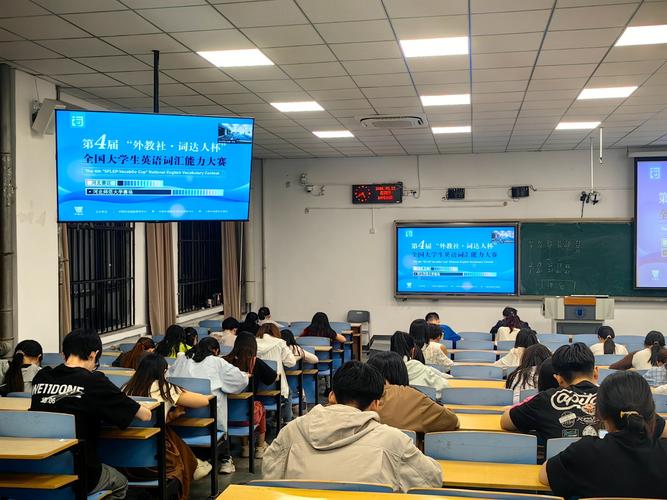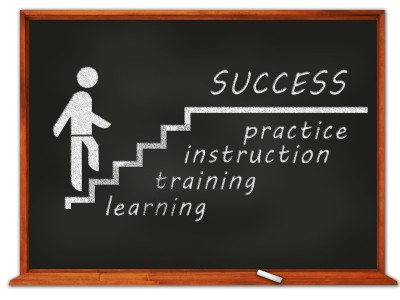大学生英语教育自我鉴定
Optimizing English Education for College Students
English education for college students is a crucial aspect of their academic and professional development. With globalization, proficiency in English has become increasingly important in various fields. This article explores strategies to enhance English education for college students.
English proficiency opens doors to numerous opportunities for college students:
- Academic Advancement: Many academic resources, research papers, and conferences are in English.
- Career Opportunities: Multinational corporations often require English proficiency. It enhances employability and career advancement.
- Global Communication: English serves as a lingua franca, facilitating communication with people worldwide.
Despite its importance, English education faces several challenges:
- Varying Proficiency Levels: Students enter college with differing levels of English proficiency.
- Inadequate Resources: Limited access to quality English learning materials and qualified instructors.
- Traditional Teaching Methods: Rote learning and grammarfocused approaches may hinder practical language use.
- Insufficient Practice: Limited opportunities for students to practice speaking and listening outside the classroom.
To address these challenges, colleges can implement the following strategies:
1. Integrate English Across the Curriculum
Embed English learning into various disciplines, encouraging students to use English in their studies regardless of their majors. This interdisciplinary approach enhances language skills while reinforcing subject knowledge.
2. Use Interactive and TechnologyDriven Methods
Utilize interactive teaching methods such as group discussions, roleplays, and multimedia presentations. Incorporate technology through language learning apps, online resources, and virtual language exchanges to engage students and make learning more dynamic.
3. Focus on Communication Skills
Shift the focus from rote grammar memorization to practical communication skills. Emphasize speaking and listening activities to improve students' fluency and confidence in using English in reallife situations.
4. Provide Immersive Learning Experiences
Organize study abroad programs, language immersion camps, or cultural exchange activities to expose students to authentic English environments. Immersive experiences accelerate language acquisition and cultural understanding.
5. Offer Tailored Support and Feedback
Provide personalized support and feedback to address individual learning needs. Offer tutoring sessions, language clinics, and writing workshops to help students overcome specific challenges and improve their English proficiency.

6. Foster a LanguageRich Environment
Create opportunities for English language practice outside the classroom through language clubs, conversation partners, and extracurricular activities. Encourage students to use English in social settings to reinforce learning and build confidence.
Enhancing English education for college students requires a multifaceted approach that goes beyond traditional classroom teaching. By integrating English across disciplines, adopting interactive methods, focusing on communication skills, providing immersive experiences, offering tailored support, and fostering a languagerich environment, colleges can better equip students with the English proficiency needed for academic success and professional growth in a globalized world.





